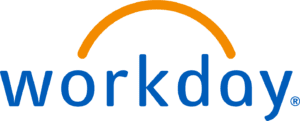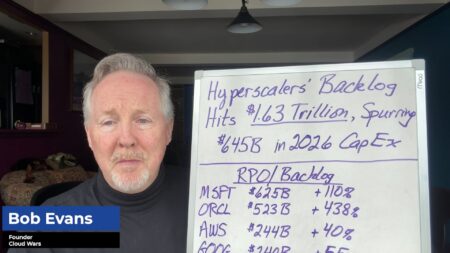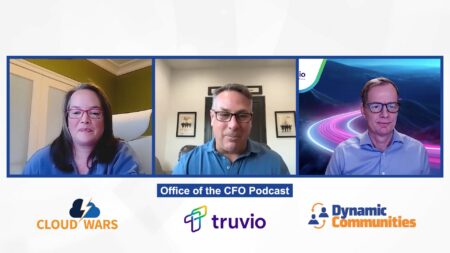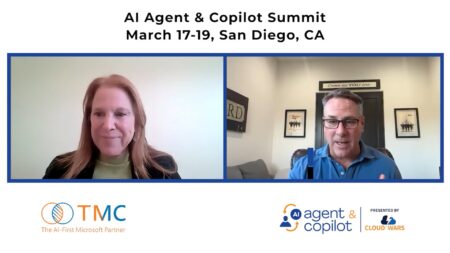Brad Haupt, Vice President of Supply Chain at Monument Health, joins Bob Evans at Workday Rising to discuss how the health system is modernizing operations through Workday’s unified platform. He shares how consolidating 17 systems into Workday created a single source of truth for finance, HR, and supply chain data. By pairing data intelligence with a culture of innovation, Monument Health is transforming supply chain management from a behind-the-scenes function into a strategic driver of better healthcare experiences.

AI and the New Healthcare Supply Chain
The Big Themes:
- Monument Health’s Unique Challenges and Resilience: Located in remote western South Dakota, Monument Health faces the dual challenges of geographic isolation and sudden population surges during events like the Sturgis Motorcycle Rally. Haupt described how this environment demands both meticulous planning and quick adaptability. The annual influx of visitors, tripling the local population, acts as a stress test for supply chain agility. These experiences have honed the team’s crisis management skills.
- Linking Supply Chain Excellence to Patient Outcomes: Perhaps the most profound shift at Monument Health is redefining supply chain success through the “value equation”: patient, physician, and caregiver experiences and outcomes divided by cost. Haupt rejects the traditional view of supply chain as purely cost-focused. Sometimes the higher-cost item delivers greater patient value, improving safety or recovery time. By connecting financial, supply, and clinical data, Workday allows leaders to quantify this relationship.
- AI and Automation Redefining Contract Management: Haupt discussed Workday’s integration of Evisort for contract lifecycle management as a game changer. Currently, supply contracts can take eight to twenty-four hours of total work spread over weeks. With AI-assisted redlining and learning-based automation, the process could be reduced to seconds. The system will eventually learn from user edits, producing increasingly personalized and accurate suggestions. Haupt sees this as freeing supply chain professionals from time-consuming legal reviews to focus on high-value work.
The Big Quote: “I think we’re monitoring over 2,000 items that are back-ordered or shipping delays coming from overseas, or manufactured delays. So, we have to constantly communicate with the physician so they don’t go into a procedure and think, I’ve got it all planned out in my brain, and then they say, ‘Hand me a 12 French …,’ and they don’t have one, and they’ve got to change their whole treatment plan. So, that communication is really key. Workday has helped us really automate some of that.”
More from Brad Haupt and Workday:
Connect with Brad on LinkedIn or learn more about Workday and healthcare.







